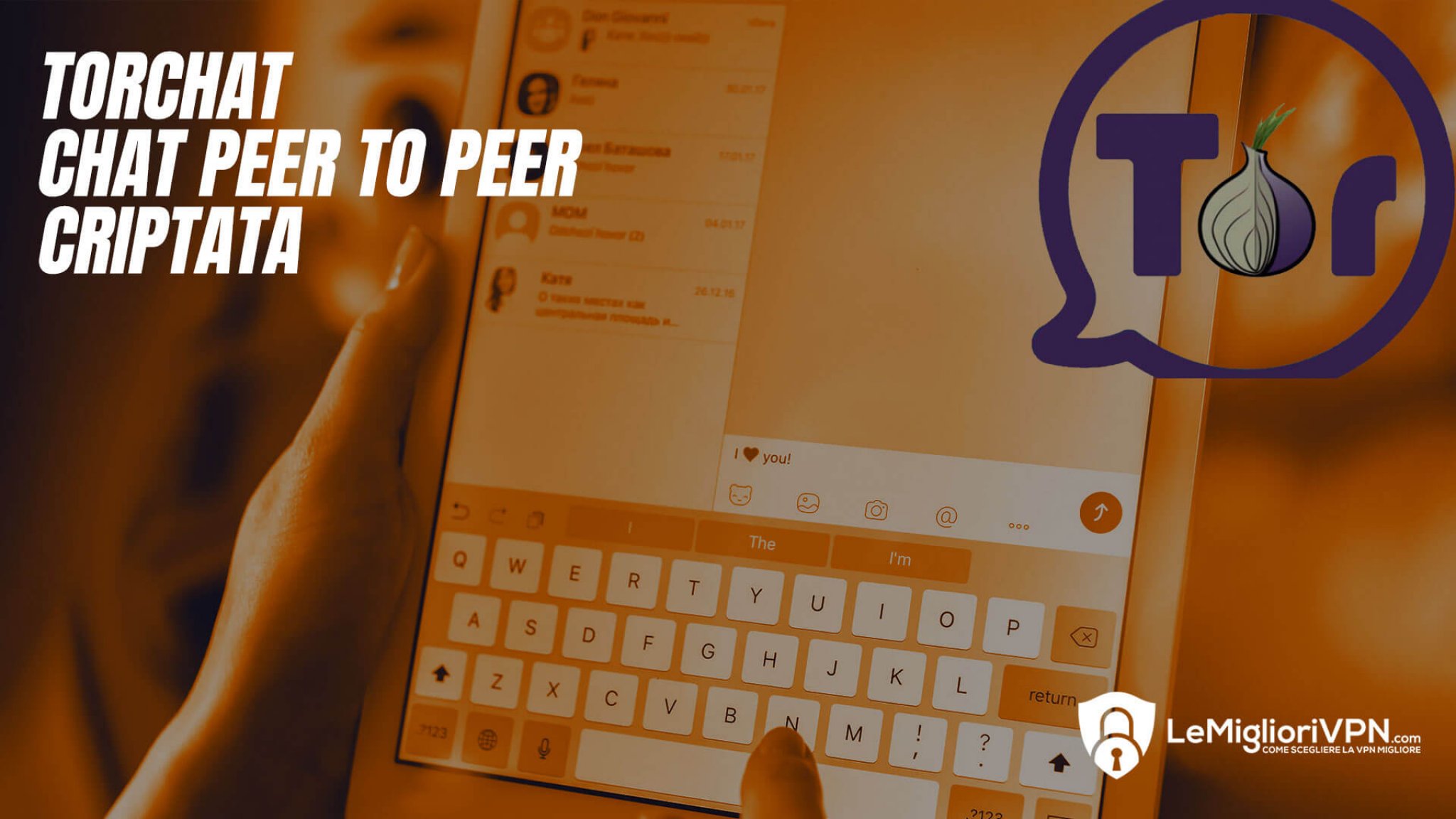


Safely using the protocol requires proper use of encryption (such as OMEMO), because it is unwise to trust server connections are properly encrypted between each other. The JID is similar to an email address insofar as it has a username and domain name like

Each network user has a unique XMPP address called a JID (Jabber ID). Some users are confused on this point because there are a number of large and popular public XMPP servers (like ), to which many have subscribed. The system is decentralized because there is no central authoritative server anyone can run a server. All of the existing XMPP servers, clients, and programming libraries support the key features of an IM system, such as one-to-one and multi-party messaging, presence subscriptions and notifications, and contact lists." Jabber/XMPP is a libre server-federation protocol designed with openness in mind: ". The threat of server logging can be completely removed with decentralized (server-less) instant messengers like OnionShare. The content of messages will only be protected by using end-to-end encryption, for example OMEMO. communication patterns like common contacts (see footnote).Web apps running on a foreign server accessed through the user's browser are more exposed and therefore have a higher security risk.Įncrypted server connections do not prevent the server gathering interesting information about users, such as common contacts and the regularity of communications. Locally running applications should be preferred. If the website can show the messages, it follows that the server, if malicious or compromised, could also view the messages. Īvoid using web interfaces for any messengers because they break end-to-end encryption (E2E). The overwhelming majority of TCBs are connected to the network and compromising them with polished malware that exploits a zero-day vulnerability, is trivial and undetectable.Īnother consideration is that even when using end-to-end encrypted applications, additional strong security protocols such as forward secrecy may not be available for group communication channels, see: More is Less: On the End-to-End Security of Group Chats in Signal, WhatsApp, and Threema. The attack is directed against the trusted computing base (TCB) of the target system. The holy grail of attacks against E2EE systems is called exfiltration where the sensitive data, namely the private keys or plaintext messages, are stolen from the endpoint. onion connections only (staying within the Tor network) - advanced adversaries are capable of compromising the trusted computing base (TCB) of nearly all platforms: Īll proper end-to-end encrypted (E2EE) messaging systems store private key(s) exclusively on user's device (endpoint). High-risk users should also bear in mind that even in the event that strong and secure end-to-end encryption is used - for example encrypted chat using. While encryption to the server prevents exit relay eavesdropping, it still leaves one problem unresolved: server logging. Tails has noted that without encryption, Tor exit relays can see the contact list, all messages, file transfers, and audio/video. Depending on the protocol which an instant messenger is using, encryption might be disabled by default or not even supported. Tor exit relays can eavesdrop on communications if encryption to the server is disabled. For a comprehensive comparison of instant messengers, see here. It is recommended to review the Do not Mix Anonymity Modes section in conjunction with this entry. See Post-Quantum Cryptography (PQCrypto). It is estimated that within 10 to 15 years, Quantum Computers will break today's common asymmetric public-key cryptography algorithms used for web encryption (https), e-mail encryption (GnuPG.), SSH and other purposes.


 0 kommentar(er)
0 kommentar(er)
